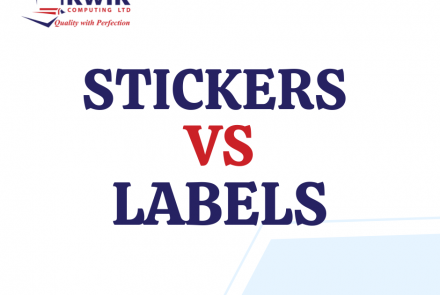Can Google save us from spoilers?
God save us from spoilers. Or perhaps it should be: “Google, save us from spoilers.”
With the rise of social media, a chill goes down the spine of anyone who hears the term "spoiler alert," that phrase spawned to help people navigate away from posts and content that might ruin the end of Lost or explain that thing about the Russian president in House of Cards.
Google to the rescue: the search giant is protecting television addicts from cultural agony by patenting a system to protect your internet experience from spoilers. The new patent was first spotted by Quartz and may be the first U.S. patent to ever mention the term "spoiler" outside the context of aeronautics and automobiles.
This is, in our opinion, an excellent use of science. It's a good thing someone's doing something about the modern first-world plague of spoilers, those critical, joy-ruining bits of excess information about your favorite TV show or movie that some overenthusiastic tweeter drops in your social media feeds the way the family cat might, in its eagerness to please, drop a dead mouse at your feet.
Google’s dead-serious patent, which it filed well into our social media age in 2012, deals with this issue head on.
The system can determine and display how far each member in a group may be in reading a book, which may give each member social pressure to read the book according to the schedule and may encourage the members to keep up without waiting for the last minute to skim through the book. Second, the system can automatically determine content spoilers and prevent content spoilers delivered to a user without the user's confirmation. Third, the system may allow a user to explicitly request for spoilers from other users. For example, the system provides a user with progress stages of other users associated with a book, which allows the user to ask the other users that have finished reading the book for spoilers.
The spoiler alert “system” however, is not just concerned with books. Google even designed it to know where you are in a movie. So if you pause playing a movie, perhaps on your DVR, or, this is Google after all, in YouTube, the system knows that and then blocks social media spoilers that ruin the rest of it.

And it goes deeper. In fact, the more you read through Google’s plan to save the world from spoilers, the more you realize — spoiler alert! — that Google wants to look in everything to save you from spoilers.
In some instances, the spoiler module 103 receives content data from a second user. The content data may include data (e.g., a message, a post, a comment, an email, etc.) referring to the subject of the activity. The spoiler module 103 determines whether the content data includes a spoiler for the first user based at least in part on the progress stage of the first user. For example, if the content data refers to a movie and a progress stage of the first user indicates that the first user has not viewed the movie yet, the spoiler module 103 determines that the content data from the second user includes a spoiler for the first user.
Put more simply, Google’s anti-spoiler system would look for key words in your email, messages and posts and if it determines that anyone is about to spoil content you’re reading or viewing elsewhere (but within a system Google can watch), it will warn you. One limiting factor to all this spoiler protection magic is that Google’s system may need you to predetermine who is in your spoiler protection group, meaning people you want to watch for delivering spoilers and people whom you trust to share the juicy details early. A social network where you already have “Friends,” like Google+ and Facebook, might suffice.
Google, by the way, is not the first to venture into spoiler eradication. Netflix introduced a Twitter app in 2013 that would hide Breaking Bad spoiler-laden tweets from your Twitter feed.
This spoiler system, however, is not just software. It could be a module inside a larger device. Chromecast, for instance might work quite nicely, since it streams all kinds of video, including Netflix. Don’t want to know what House of Cards' Frank Underwood did to Zoey? Google’s Chromecast-based spoiler-alert system could have you covered.
Now here’s the big caveat to all this. It’s only a patent. Google’s technology may not even have the wherewithal to do all this, especially if you’re not reading and viewing content within Google’s bubble. Even so, this is one of the more fascinating — and scary — patents I’ve seen in a while.
- Log in to post comments






